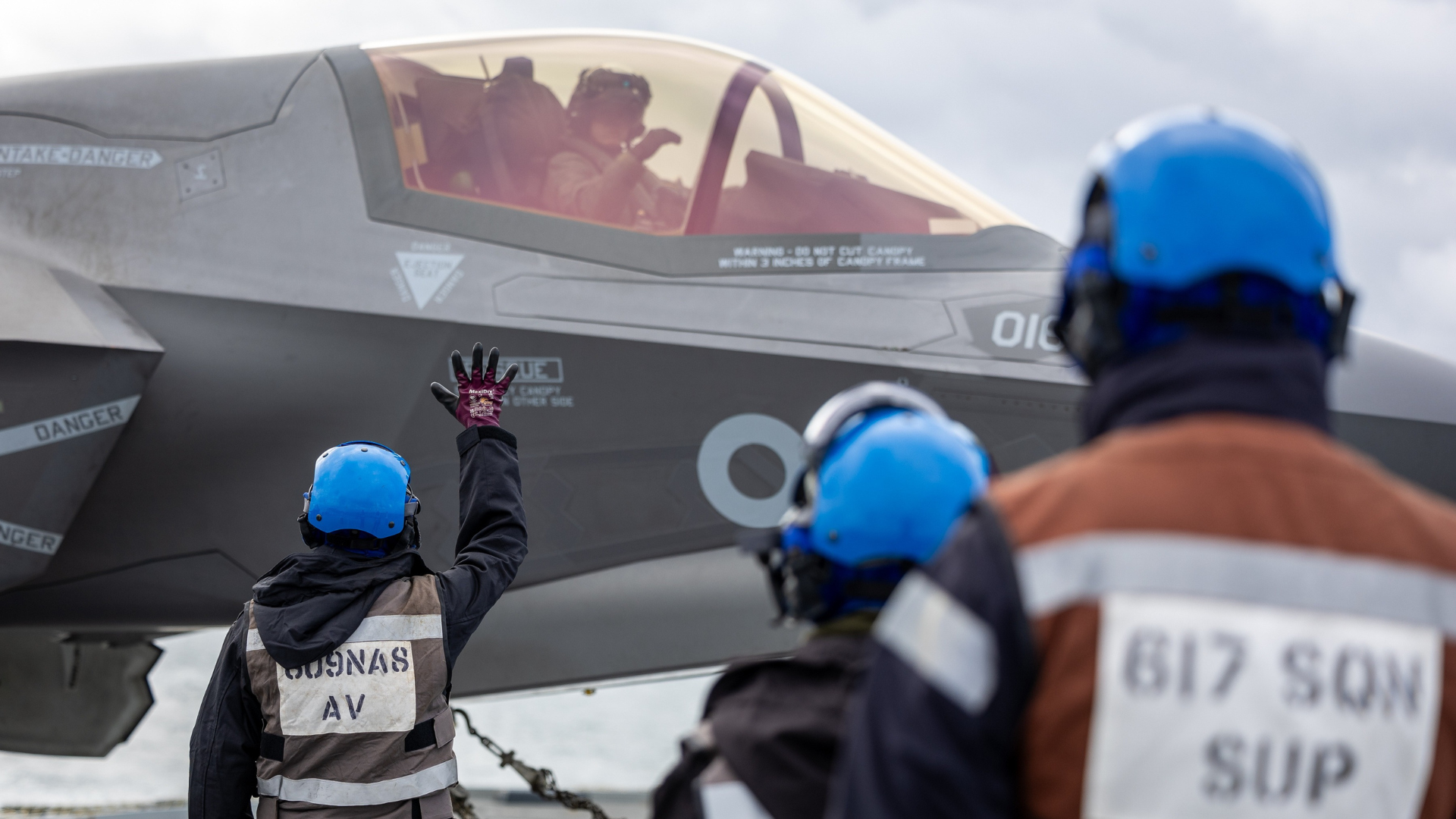On 1 May, the National Crime Agency published a national assessment of the impact of and the threat to the UK from serious and organised crime.
The assessment provides a useful indication of the government’s priorities – functional and geographic – and therefore guidance to the UK’s security sector of where it should be investing in capability development (both products and services).
In addition to developing operational capabilities to aid law enforcement personnel, the UK’s security sector can also work with the government to make key contributions to:
- Improving understanding of the scale and nature of different forms of organised crime.
- Improving the government’s understanding of technological developments. Technology advances open up new policy options and methods of operation – opportunities which the government and frontline officers should seize. But technology advances can also represent risks which government must understand in order to mitigate – they open up new methods for organised criminals, and government must reduce the possibility of this exploitation including by working with industry to ‘build in’ security.
For this reason, ADS is exploring the possibility of forming a permanent ‘horizon scanning’ group made up of technical experts.
Overview of the NCA’s assessment
The key feature of the assessment is its analysis of the key cross-cutting enablers/infrastructure of all forms of organised crime. The assessment notes:
Serious and organised crime depends on creating, identifying and exploiting multiple vulnerabilities in particular parts of the national infrastructure to operate. These include the internet and communications (cyber), borders, financial systems and processes to prove identity. Serious and organised crime uses corruption to attack multiple points where the criminals need to manage the risks to their activities. Corruption in general, and successful criminal attacks on cyber, borders, financial systems and processes to prove identity, also damages the UK’s reputation as a place to do business and can increase the vulnerability to other attackers.
Major points in the National Crime Agency’s 2014 assessment include:
Risks from internet communication technologies: cyber-enabled organised crime
The single cross-cutting issue that has changed the landscape for serious and organised crime is the growth in scale and speed of internet communication technologies.
Of particular note is that developments in these technologies are leading to:
- The growth of online streaming of real-time child sexual abuse. Note that a comprehensive assessment of the overall scale of all areas of child sexual exploitation and abuse is not yet possible to quantify with any confidence.
- An anticipated growth in the targeted compromise by cyber criminals of UK networked systems, including more ransomware attacks and distributed denial of service (DDOS) attacks.
- Specialist service providers and bespoke toolkits are opening opportunities for those criminals who have limited technical competence. Different organised crime groups who share the use of key criminal technical and other infrastructures is a growing threat. Criminal online forums provide a market place for the trading of such services.
- There is an increasing risk of online attacks and fraud against the public sector as more government services go online, including tax collection.
- Due to improvements in online authentication methods, such as the use of two-factor (e.g. a physical credit or debit card and known PIN), malware campaigns are increasingly paired with social engineering tactics, commonly through voice or email (vishing and phishing).
- Cyber techniques have proliferated down to the wider and more traditional criminal community (e.g. urban gang members buying compromised data online, criminals using secure communications technology in smart phone apps, and in one case a known group of drug traffickers using hackers to manipulate records on marketplace sites). Awareness of how far cyber-enabled crime has permeated into local and regional serious and organised criminal groups is currently uneven.
Borders
-
Fast parcel and postal services are used by various criminals to smuggle drugs, tobacco and firearms, parts and ammunition. Fast parcels and postal services are used frequently trafficking ventures.
-
Illegal migrants use impersonation methods and false travel documents while attempting to embark on flights to the UK.
-
Serious and organised criminals use non-commercial, non-military flights (e.g. light aircraft, executive flights) and non-commercial shipping (e.g. yachts, small motor boats) to enter and leave the UK covertly. They also use international airports and ferry ports. Seizures and detections in the last three years indicate cocaine is smuggled through all those transport modes.
Criminal finance, fraud and corruption
- The scale of the laundering of criminal proceeds is a strategic threat to the UK’s economy.
- Some of the same financial transfer systems used by serious and organised criminals in the UK are also used by terrorist groups both domestically and overseas.
- Virtual banks and virtual currencies are being used by some criminals, particularly those engaged in particular types of crime such as trading online fraud tools. The criminal use of these at present largely unregulated financial services is likely to increase, but most money laundering will still take place through banks and other regulated businesses.
- A more cohesive and consistent intelligence picture from the public and private sector is required to assess the full extent of corruption and help direct effective organisational control measures.
-
The internet is the delivery channel accounting for 84% of all identity fraud cases reported to Credit Industry Fraud Avoidance System (CIFAS).
Drugs
Almost half of the active organised crime groups affecting the UK are involved in some way in the drugs trade.
- There is likely to be an increase in the supply of heroin from Afghanistan via Pakistan (Bradford, West Midlands and south Manchester are hotspots). Turkish controlled trafficking of heroin is increasing.
- The processing/production of amphetamine in the UK is likely to increase.
- The supply of new psychoactive substances is likely to increase. China poses the principal threat in relation to the production and supply of psychoactive substances.
- West African crime groups are organising cocaine supply from South America to Africa for European and UK markets. Nigerian nationals in particular have increased their involvement in the cocaine trade to the extent that they are now on an equal footing with Latin Americans in their ability to source, finance quantities of cocaine to Africa, Europe and elsewhere.
- The Netherlands and Spain continue to play strategically important roles in the receipt and onward movement of drugs to the UK. The Balkans also play a key role in trafficking heroin and cocaine towards Western Europe and the UK.
- Serious and organised criminals use both containerised and un-containerised sea freight in the trafficking of cocaine from South America and heroin from south west Asia towards Europe. Secondary importation to the UK from key nexus regions such as the Caribbean, Africa, the Balkans, Spain and the Netherlands using a variety of modes of transport continues to be a threat to our borders. Some serious and organised criminals using containers still use the ‘rip-on, rip-off’ method (where illicit commodities are placed in cargo and taken from cargo in a way so as to avoid controls); levels of security and corruption at ports of embarkation and destination pose vulnerabilities. A large proportion of drugs are imported to the UK in ‘little and often’ amounts using fast parcels and the postal system. Serious and organised criminals employ couriers (‘mules’) using both air and maritime routes predominantly to smuggle Class A drugs.
Human Trafficking
-
The UK needs to undertake more work to understand and scope the extent of the criminality behind human trafficking.
-
The overall threat to the visa process and air routes have fallen over the last few years, likely due to tightening of the visa process, arrests of targeted offenders, and displacement to clandestine entry.
-
Nigeria will remain a key source country for victims of trafficking and the UK will continue to be both a transit and destination country for Nigerian females, primarily for sexual exploitation.
-
Syrian irregular migrants are using similar routes to Iranian irregular migrants and there is the suggestion they may be using some of the same facilitation networks.
Firearms
- There will be an increase in the criminal exploitation of the legitimate supply of firearms.
Scale of organised crime in the UK
-
As at December 2013, organised crime group mapping identified some 36,600 organised criminals in 5,300 groups currently operating in ways that directly affect the UK.





